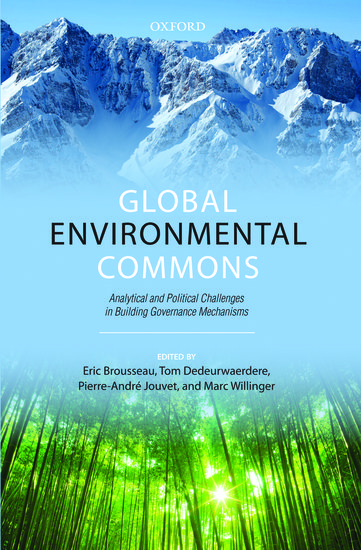Selecting Policy Instruments for Better Environmental Regulation: a Critique and Future Research Agenda
Article first published online: 8 MAY 2012
DOI: 10.1002/eet.1584
Copyright © 2012 John Wiley & Sons, Ltd and ERP Environment
Selecting Policy Instruments for Better Environmental Regulation: a Critique and Future Research Agenda
Article first published online: 8 MAY 2012
DOI: 10.1002/eet.1584
Copyright © 2012 John Wiley & Sons, Ltd and ERP Environment
ABSTRACT
There is a lack of evidence on regulatory effectiveness available to support policy makers with the selection of appropriate instruments to deliver better environmental regulation. We identify the types of evidence required to enable regulatory reform, characterize evidence gaps, and explore how these may be filled through future research. A typology of regulatory instruments is presented, and evidence of what has worked when and why is examined, drawing on international experience and recent cases from the United Kingdom (UK). Evidence of the capabilities of good environmental regulators for regulatory effectiveness is lacking, and it is proposed that ethnographic research that captures the nuances of regulatory practice will prove necessary to address this. This paper is of value to policy makers and regulators around the world considering the selection and deployment of the full range of environmental regulatory instruments to respond to environmental risks and in support of economic growth. It can inform the selection of suitable approaches and the design of institutions capable of delivering them. Copyright © 2012 John Wiley & Sons, Ltd and ERP Environment.
For more information: http://onlinelibrary.wiley.com/doi/10.1002/eet.1584/abstract














